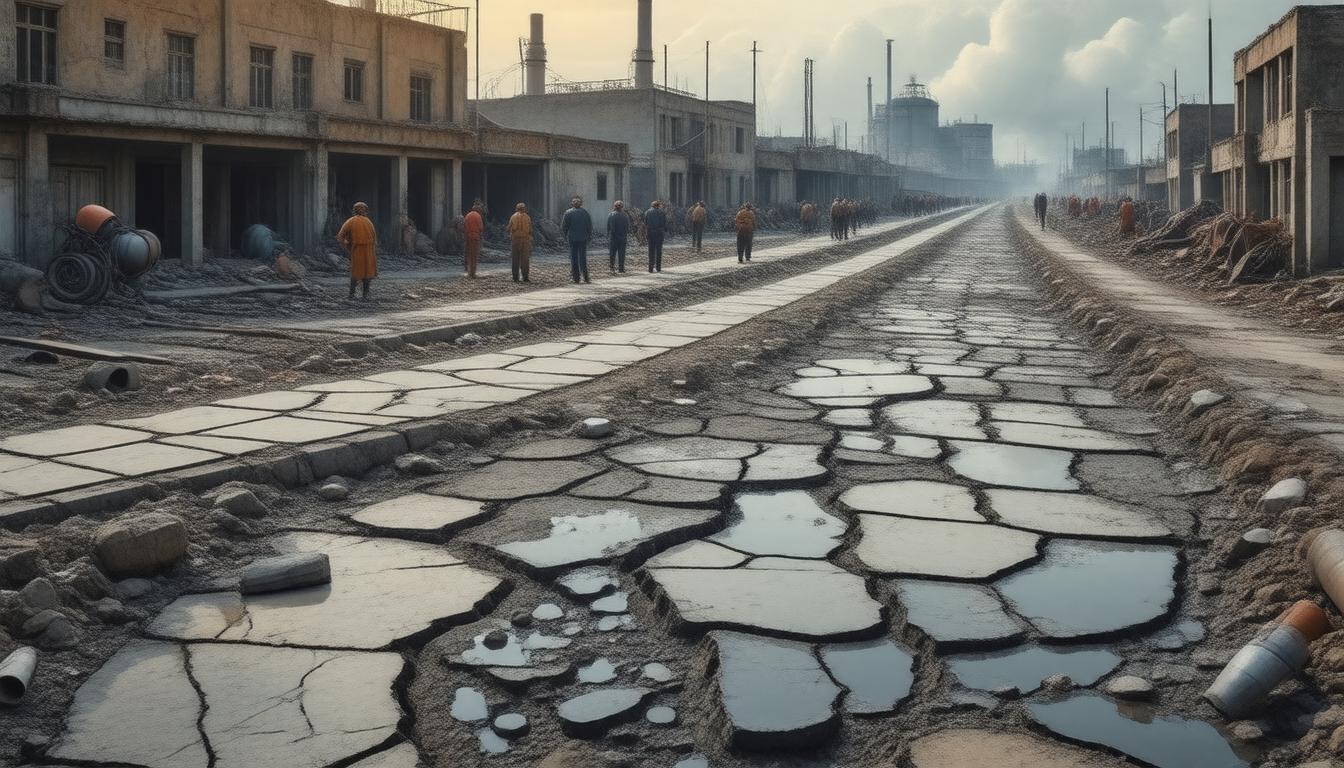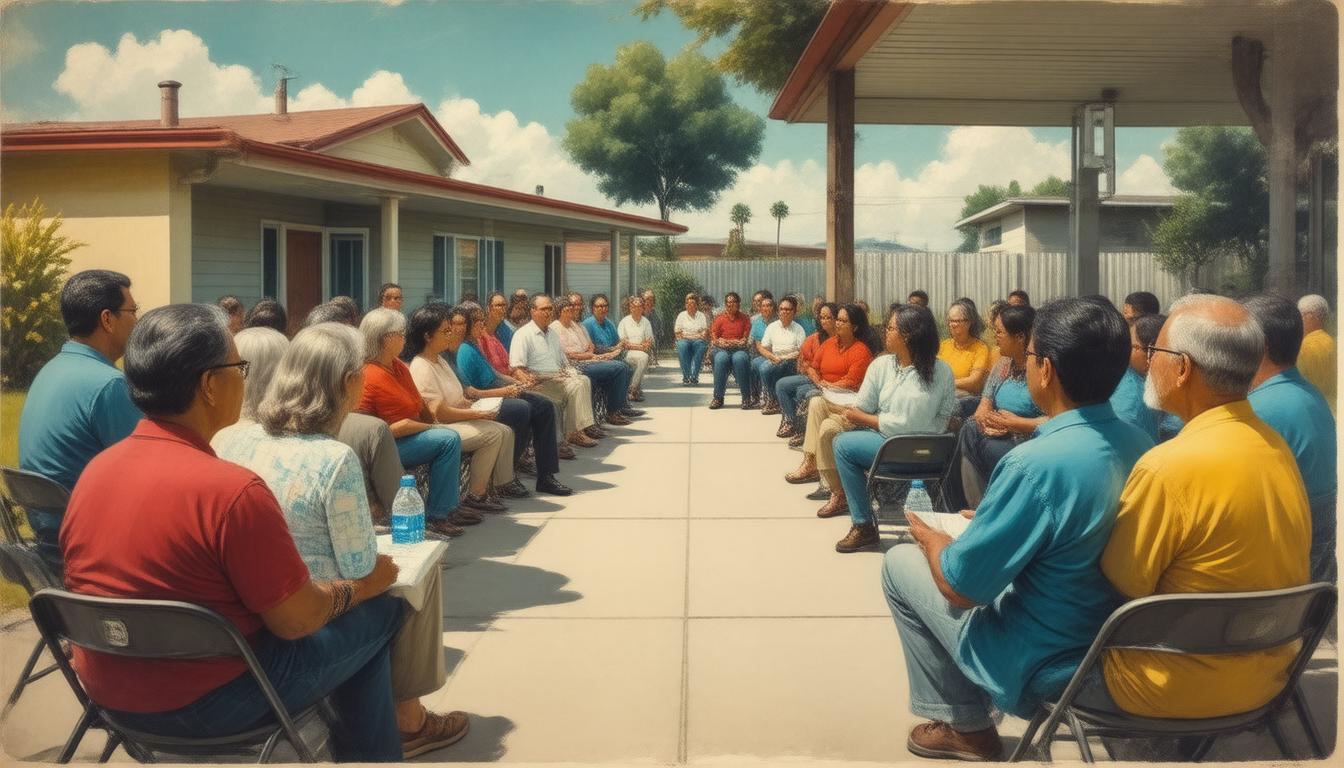Navigating New York City’s Sewer Permit System: A Comprehensive Guide
Accessing sewer permits in New York City requires navigating the complex system established by the Department of Environmental Protection (DEP). For property owners, developers, and Licensed Master Plumbers, understanding this process is crucial for ensuring compliance with city regulations and successfully completing construction or renovation projects. This article provides an overview of the key aspects of the NYC sewer permit system, from initial application to final approval.
The DEP website serves as the primary portal for accessing sewer permits and related information. Here, users can find a wealth of resources, including various forms and guidelines for sewer certifications and connections. These documents are essential for anyone planning to undertake work that involves the city’s sewer system, whether it’s a new connection, alteration, or renovation that affects sanitary or storm flow.
PARIS: Streamlining the Permit Process
One of the most significant advancements in the city’s permit system is the Permit and Review Information System (PARIS). This online platform allows Licensed Master Plumbers to submit applications electronically, greatly simplifying the process. Through PARIS, applicants can receive approvals or objections without the need for in-person visits to DEP offices, saving time and reducing bureaucratic hurdles.
Sewer certification is a critical component of the permit process, required for various scenarios including new connections to City sewers, private sewers, private drains, septic systems, or approved outlets. Additionally, any alterations or renovations that increase sanitary and/or storm flow also necessitate sewer certification. This step ensures that proposed changes align with the city’s infrastructure capabilities and environmental regulations.
Beyond Basic Permits: Specialized Applications and Compliance
The DEP’s permit system extends beyond standard sewer connections. It also encompasses requirements for private sewers and drains, providing detailed guidelines and application forms for their construction. For larger-scale projects, the department offers information on submitting drainage proposals and amended drainage plans, which are crucial for developments that may impact the broader sewer network.
Businesses face additional considerations, particularly concerning dewatering, pretreatment, and scavenger waste. Compliance with Sewer Use Regulations is mandatory for any discharges into the sewer system, ensuring that industrial and commercial activities do not compromise the integrity of the city’s wastewater management. Furthermore, the DEP oversees permits for water service connections and private water mains, as well as the installation of backflow prevention devices to protect the drinking water supply from contamination.







